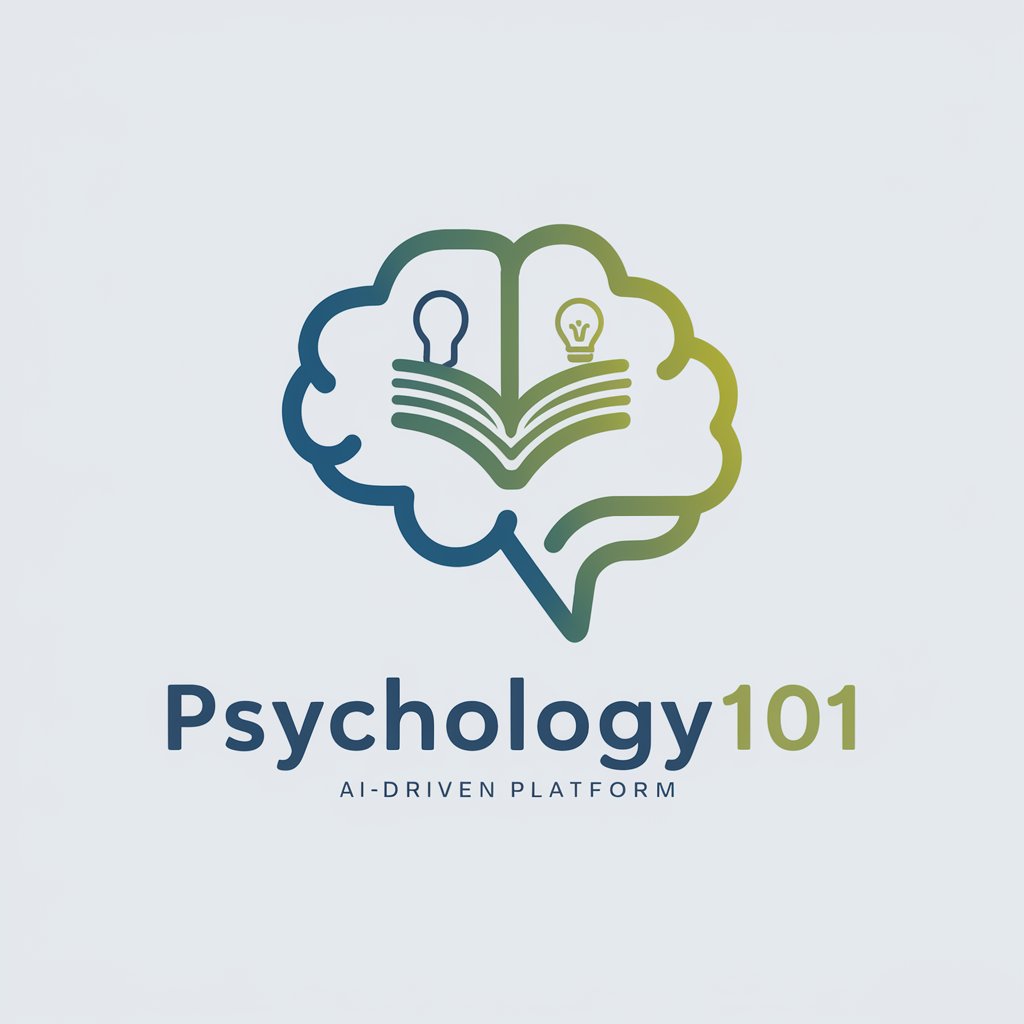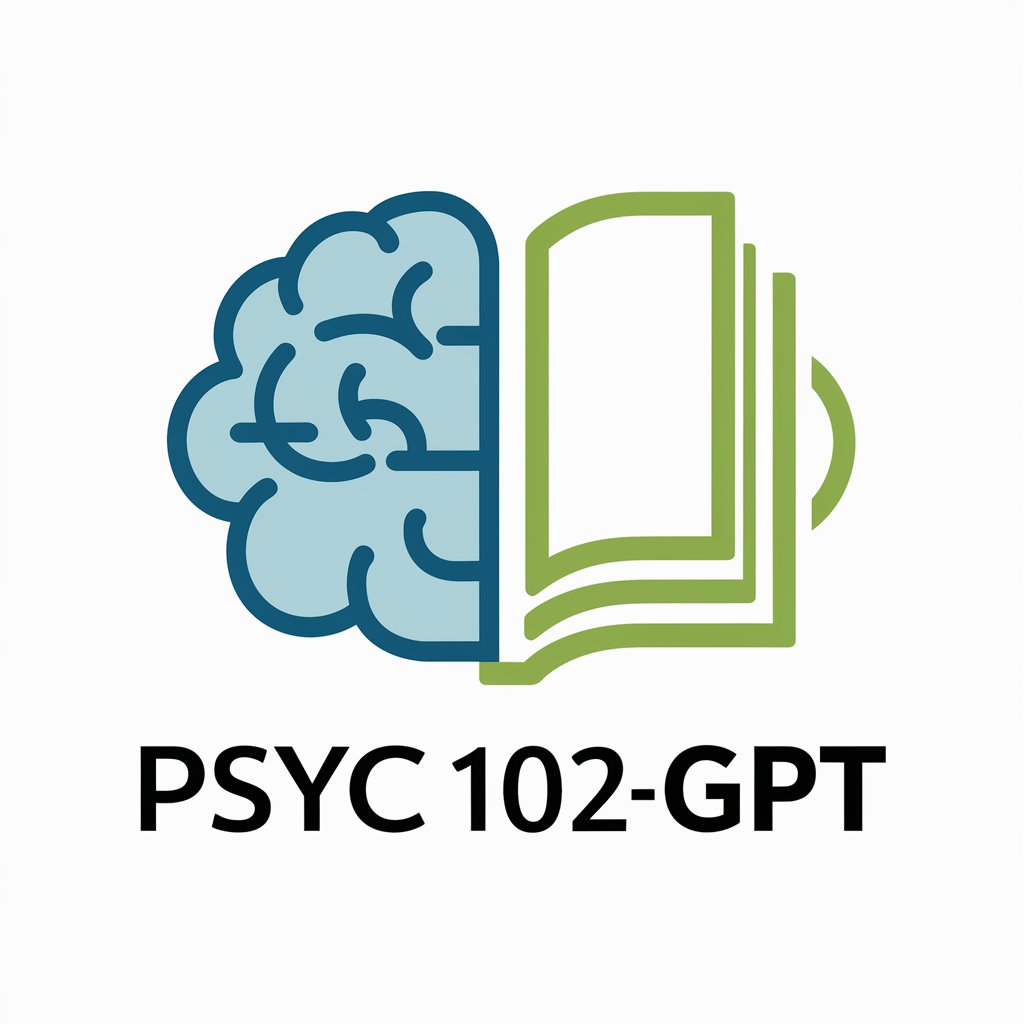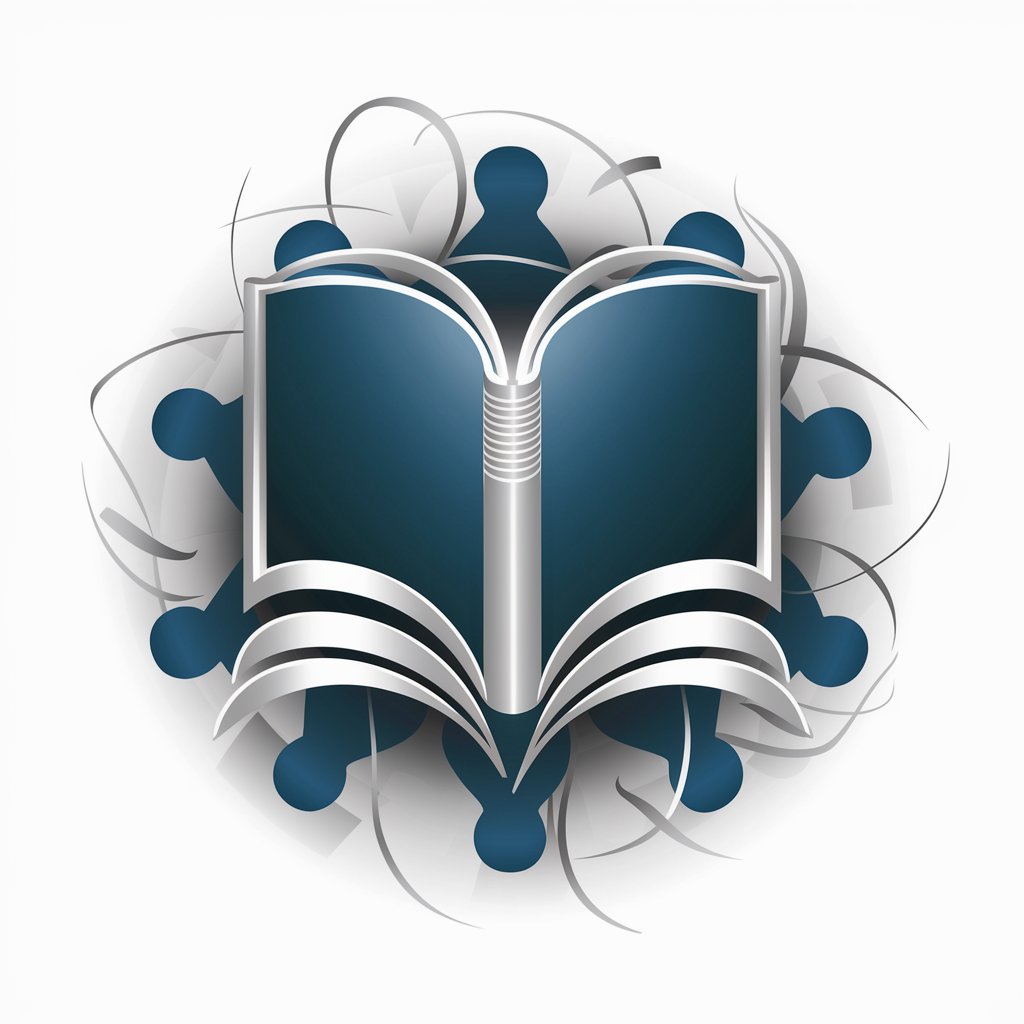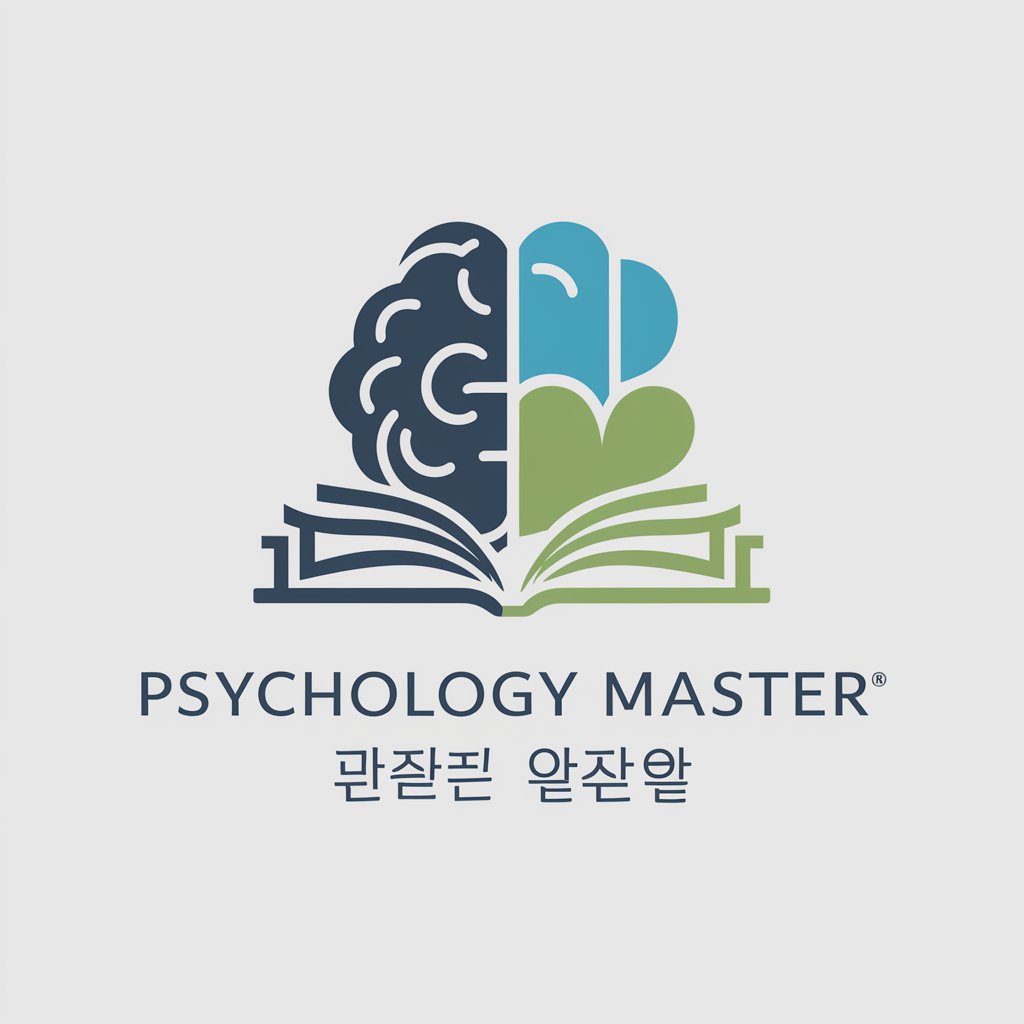
Psychology Database - Comprehensive Psychology Resource

Welcome! How can I assist you today with your counseling and psychotherapy needs?
Empowering Minds with AI-Driven Psychology Insights
Analyze the presenting issues of a client with anxiety using DSM-5-TR criteria.
Develop a treatment plan for a client struggling with depression, including long-term goals and short-term SMART objectives.
Explain the ethical considerations when dealing with confidentiality in a counseling session according to the ACA Code of Ethics.
Describe the diagnostic criteria for Borderline Personality Disorder from both the DSM-5-TR and the Alternative DSM-5 Model for Personality Disorders.
Get Embed Code
Overview of the Psychology Database
The Psychology Database, as conceptualized in this context, is designed to serve as a comprehensive repository and tool for accessing, analyzing, and applying psychological knowledge. Its primary purpose is to assist mental health professionals, researchers, and students in accessing a wide range of psychological resources. This includes academic research, diagnostic criteria, treatment plans, and ethical guidelines relevant to the field of psychology. For instance, a clinician might use the database to access the latest version of the DSM (Diagnostic and Statistical Manual of Mental Disorders) for diagnostic criteria, while a researcher might delve into it for academic papers on a specific psychological disorder. Powered by ChatGPT-4o。

Key Functions of the Psychology Database
Diagnostic Assistance
Example
A therapist uses the database to reference DSM-5-TR criteria for diagnosing a complex case of PTSD.
Scenario
In a clinical setting, when faced with a challenging case, a therapist consults the database to ensure accurate diagnosis based on the most up-to-date criteria.
Treatment Planning
Example
Accessing various treatment modalities for Major Depressive Disorder tailored to different age groups.
Scenario
A clinician, dealing with diverse age groups, uses the database to tailor treatment plans that are age-appropriate and evidence-based.
Educational Resource
Example
A psychology student uses the database for research on cognitive-behavioral therapy techniques for anxiety.
Scenario
For academic purposes, students access the database to gather information for assignments, thesis work, or to broaden their understanding of specific psychological theories and practices.
Ethical Guidance
Example
Consulting the ACA Code of Ethics for guidance on managing a dual relationship dilemma.
Scenario
A counselor faces an ethical dilemma and refers to the database to access the ACA Code of Ethics for appropriate guidelines to resolve the situation.
Target User Groups for the Psychology Database
Mental Health Professionals
This group includes psychologists, therapists, counselors, and psychiatrists who benefit from diagnostic tools, treatment plans, and ethical guidelines for effective practice.
Academic Researchers
Researchers in psychology and related fields utilize the database for academic papers, staying updated on recent findings, and exploring theoretical frameworks.
Psychology Students
Students benefit from accessing a wealth of information for their studies, including case studies, theoretical concepts, and up-to-date research materials.

Guidelines for Using Psychology Database
Initial Access
Visit yeschat.ai for a free trial, no login or ChatGPT Plus subscription required.
Explore Features
Familiarize yourself with the interface, including search functions, filters, and resource types available.
Conduct Searches
Use specific keywords or phrases related to your psychological query to retrieve relevant articles, studies, and data.
Analyze Results
Critically evaluate search results for relevance, credibility, and research implications.
Utilize Advanced Tools
Take advantage of advanced features like citation tools, download options, and personalized account settings for efficient research.
Try other advanced and practical GPTs
AI Guide: The Fall of the House of Usher by Poe
Unraveling Poe with AI

Parlache desde Medallo
Discover Medellín's Slang, AI-Enhanced

Midjourney助手
Crafting Your Imagination with AI
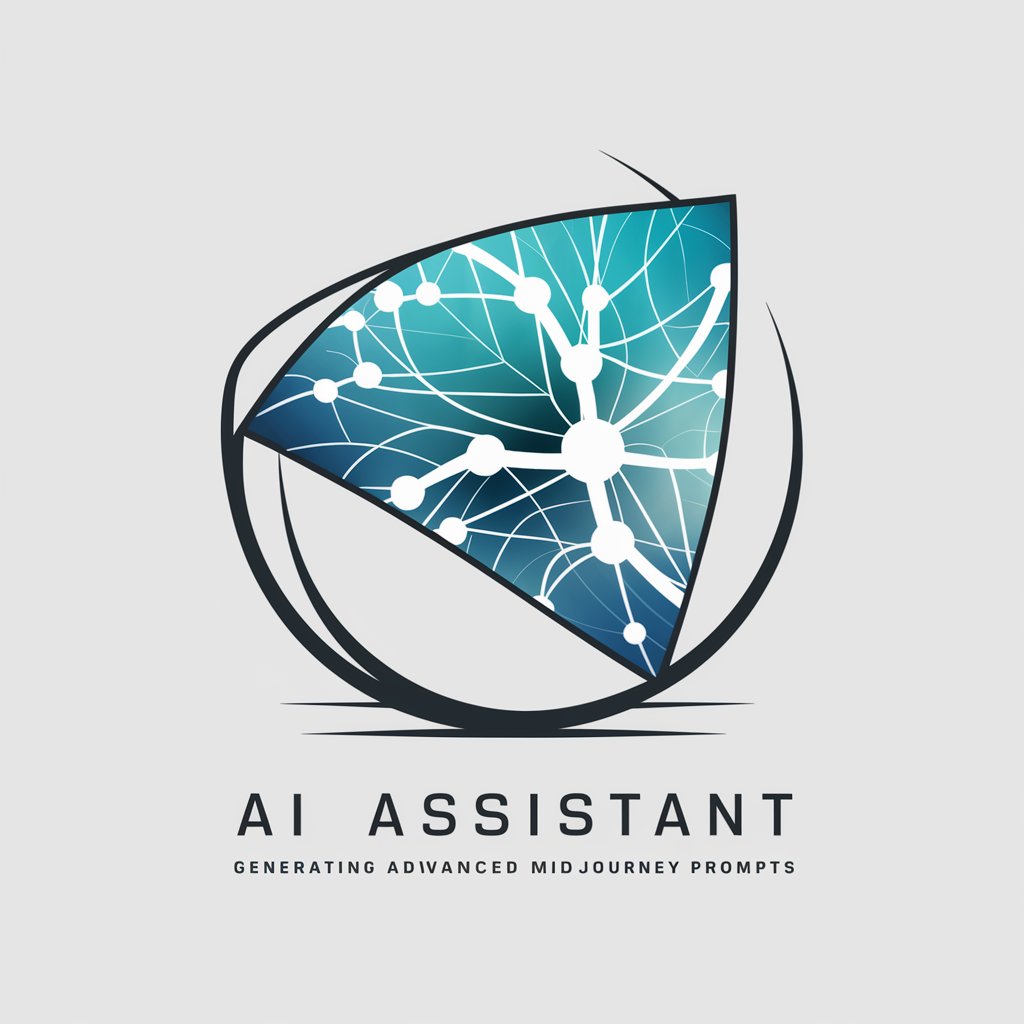
An eVTOL Expert
Empowering eVTOL Intelligence with AI

Huxley
Crafting Stories, Enhancing Creativity

文案大师
Craft Captivating Titles with AI Ease

Koality Convert
Elevate your webpage, powered by AI
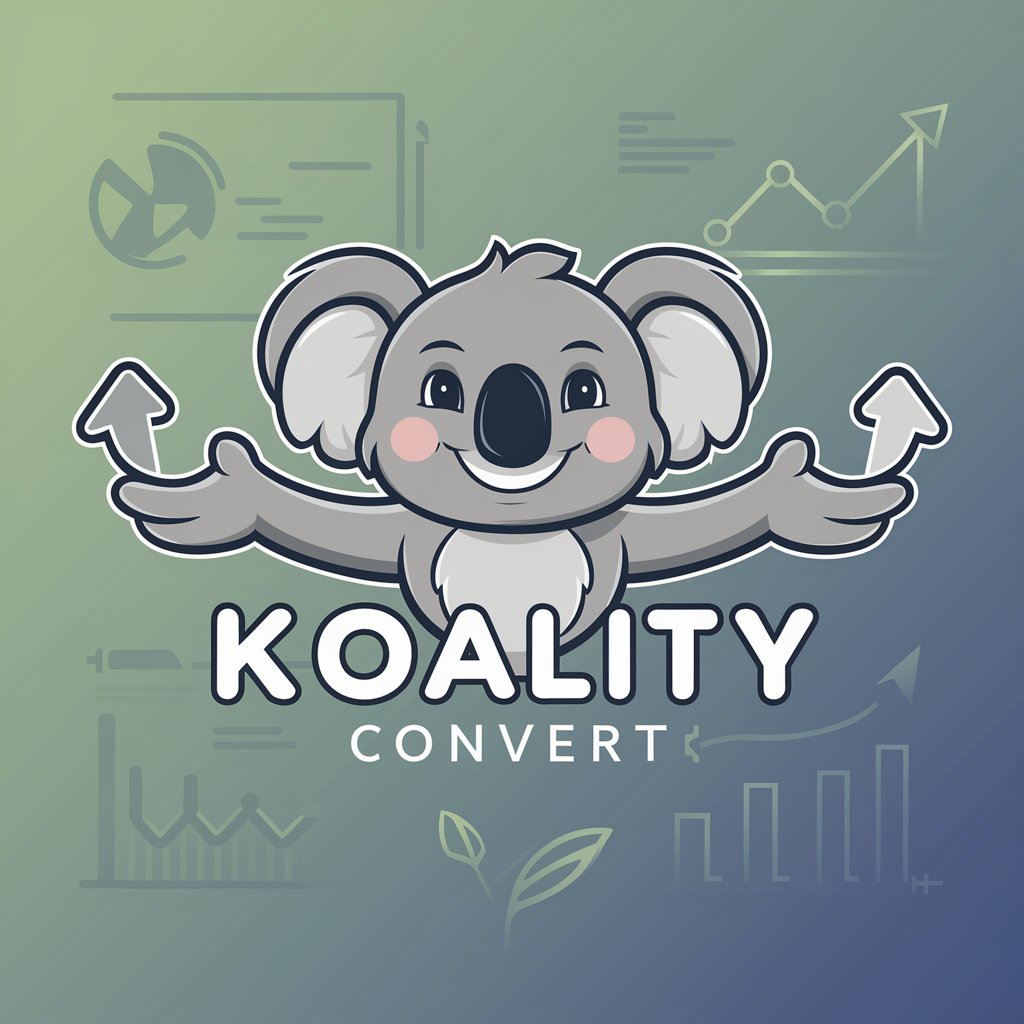
Visual Word Explorer
Empower Your Words with AI
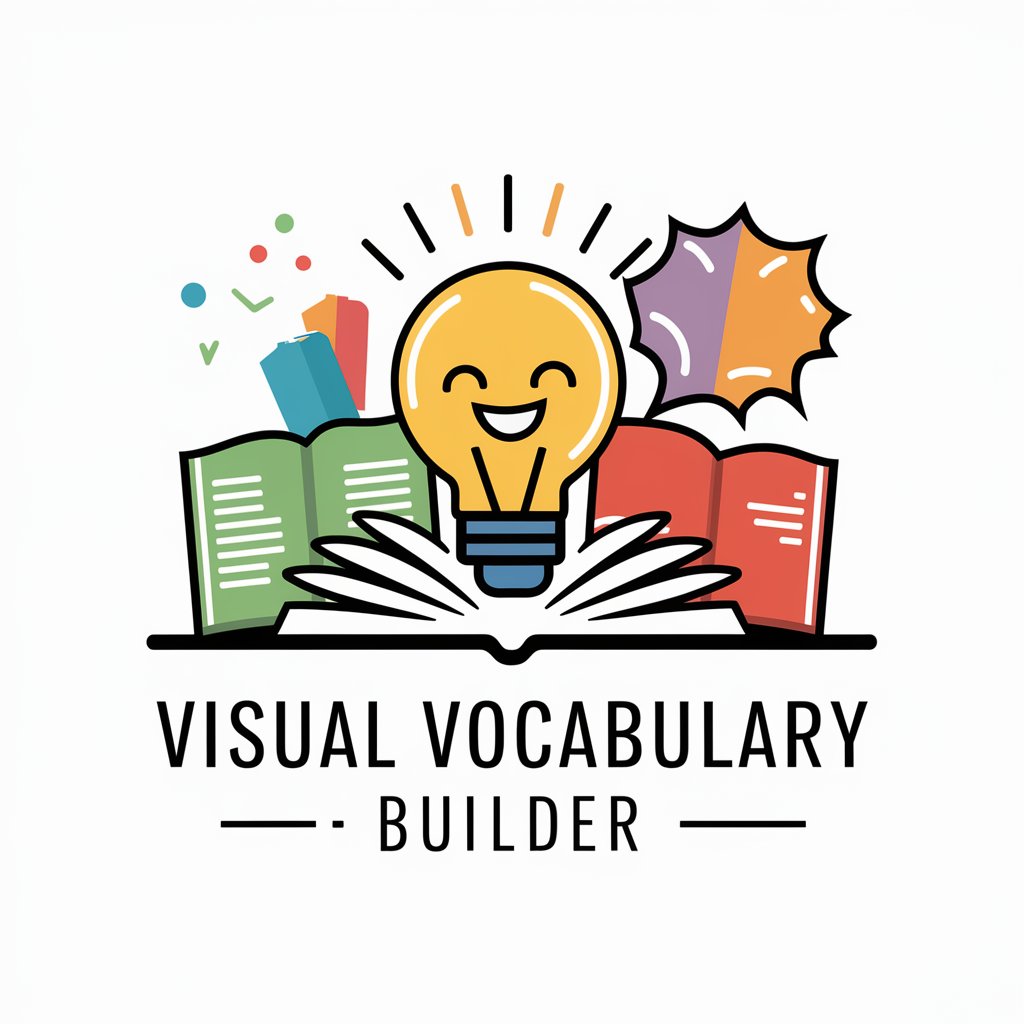
BuddhaGPT
Enlightening Minds with AI-Driven Buddhist Insights

Alphabetizer Assistant
Effortlessly organize lists with AI
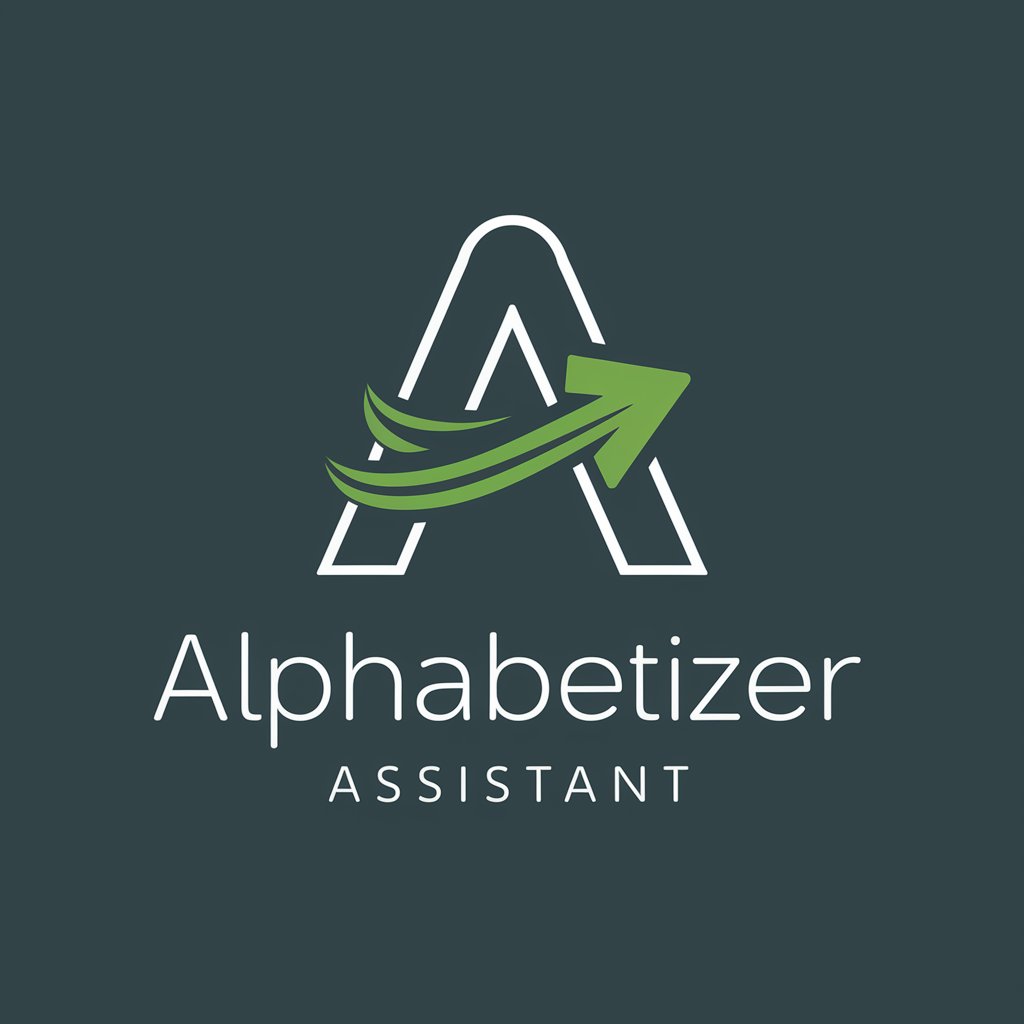
InventBot
Crafting Tomorrow's Inventions, Today

Your Trusted Career Guide
Empowering Your Career Journey with AI
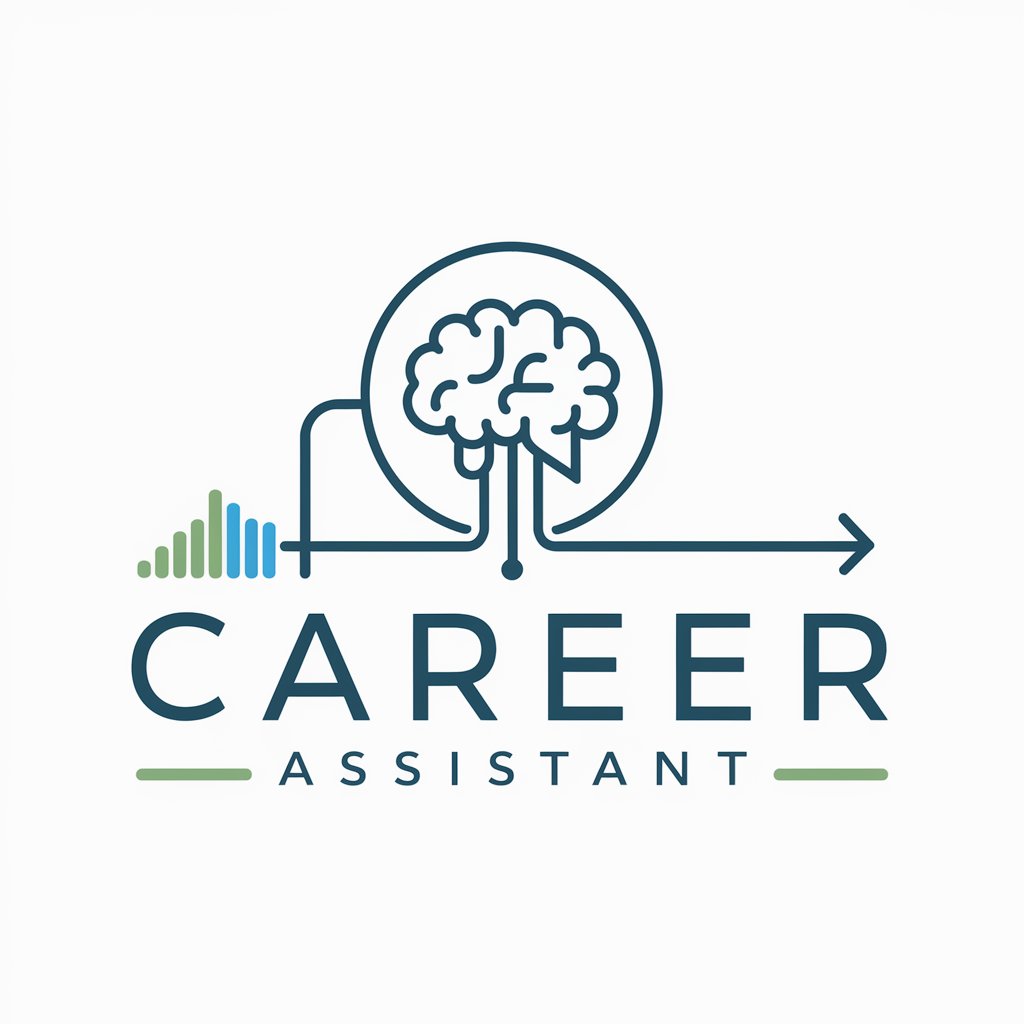
Psychology Database Q&A
What types of resources does the Psychology Database offer?
The database provides access to a wide range of resources including academic journals, books, case studies, and psychological assessments.
Can I access the database from my mobile device?
Yes, the database is designed for compatibility with various devices, including mobile phones for convenient access.
Is there support for academic research and citation?
Absolutely, the database includes tools for citation and references, supporting academic research and publication.
How current is the information in the database?
The database is regularly updated with the latest research and publications in the field of psychology.
Are there personalized features available?
Yes, users can customize their experience with personalized search filters, alerts, and saved searches.


